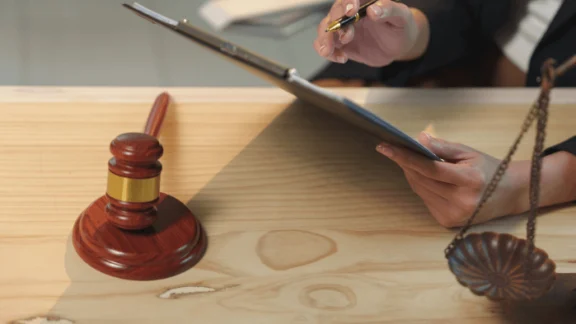In England and Wales, an ‘uncontested divorce’ means that the other party does not dispute (disagree) with your application for divorce. Under the no-fault divorce laws, divorce applications in England and Wales can no longer be contested except in rare circumstances. The old rules before the introduction of no-fault divorce in April 2022 allowed one party to contest a divorce application if they disagreed with or disputed aspects of the divorce. This often led to a more complex and lengthy legal divorce process. This is no longer the case.
It is only possible to contest a divorce in England and Wales in limited situations, such as if the individuals concerned were not actually married or if the marriage is not legally recognised here. However, it is important to bear in mind that divorce only ends the marriage. If there are other related disagreements, such as the divorce financial settlement, these may increase the overall timeframe to finalise the divorce.
If you are unsure whether your divorce application can be contested or if you would like to contest a divorce petition on a valid ground, we recommend discussing your case with our family law solicitors. We will listen to your concerns and advise you on the best course of action, given your circumstances.
How does an uncontested divorce in the UK work?
The process of an uncontested divorce is different to that of a contested divorce. A party to a divorce can only contest the petition if a sole divorce application has been made by the other party. If your married partner has issued divorce proceedings against you in England or Wales, you will be sent a copy of the divorce application along with a ‘notice of proceedings’ and an ‘acknowledgement of service’ form.
The notice of proceedings explains the steps you will now need to take, including how to contest the divorce application. It is important that you respond to the notice within 14 days. The rules state that you will need to respond by post if you are not given an online access code or if you have legal representation from a family law solicitor. If you do not respond, your married partner may be able to continue with the divorce if the court determines that you received the application.
If you want to dispute the divorce for a valid reason (e.g. if your marriage is not recognised in the UK or you live in another country), you will also need to explain why you disagree with the divorce. To do this, you will need to:
- Complete and send form D8B, ‘Answer an application for a divorce, dissolution of a civil partnership or judicial separation’1. This must be done within 21 days.
- Pay a fee of £245.
Once the court has received your answer form, they will schedule a court hearing, which you will need to attend to try to reach an agreement over the divorce with your partner.
The normal timeframe for divorce in England and Wales is around 6 months. However, a contested divorce may take between 8 – 10 months, depending on how busy the court is.
What if one spouse does not want to get divorced?
It is not possible to contest a divorce application simply because one party does not want to get divorced. The no-fault divorce rules in England and Wales mean that you can apply for a divorce without your spouse’s consent if you believe that the marriage has broken down irretrievably.
Do you still need an uncontested divorce lawyer under the no-fault divorce system?
There is no legal requirement to instruct a divorce lawyer for a divorce, but even if your divorce is uncontested by your partner, having legal representation will ensure that:
- Any issues with serving the divorce petition and having it acknowledged by your partner can be dealt with – this will reduce any delays in the divorce process.
- You receive legal advice and guidance throughout the divorce process.
- Interim financial and housing arrangements can be made for you and your children.
- You receive a fair divorce financial settlement.
- Arrangements are put in place for your children in terms of where they will live, who they will live with, and any child maintenance to be paid.
References
1 GOV.UK: Form D8B





